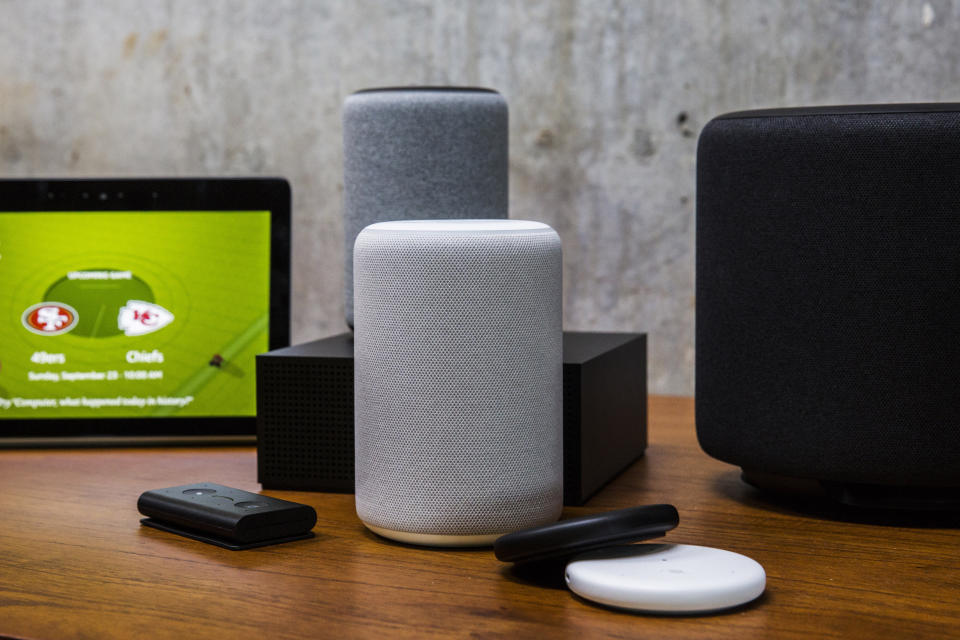Why companies like Uber need to walk the fine line between 'magic and creepy'
As both Uber (UBER) and Lyft (LYFT) struggle after their respective IPOs, the ride-hailing competitors are battling for every customer. Of course, part of the challenge for every consumer-facing business is managing people’s personal data – how they use personal data collected from every rider and driver.
Christian Terwiesch, a professor at the University of Pennsylvania’s Wharton School, envisions a day when Uber cars are anticipating your every move, and the entire relationship between customer and company changes.
“Uber is always waiting for you to call it,” Terwiesch said on Yahoo Finance’s The First Trade. It would be nice “if you could jump into any car and Uber figures out the bill afterwards.”
Terwiesch and fellow Wharton professor Nicolaj Siggelkow have been studying how businesses deepen their ties to customers, and write about it in their new book “Connected Strategy: Building Continuous Customer Relationships for Competitive Advantage.”
“It’s really important for companies to understand what is the right connectivity with customers,” Siggelkow said. “The line between magic and creepy is very fine.”

Amazon has defined this dance for years, with its on-site shopping suggestions coupled with Alexa devices in many homes. Customers invite Amazon in because they trust the site, and because it avoids pushing too far.
“Amazon is really the mother of connected strategies,” Terwiesch said, and all that data gives them an “enormous competitive advantage.”
“It gives them the data they have to do smart predictions that are very hard to imitate,” he said, which may explain why so many other companies are racing to keep up.
Read more:
Uber CEO to employees: Our stock could still be the next Facebook or Amazon
Lyft's stock is crashing alongside Uber — when will the selling stop?
How Uber’s IPO pricing compares to other recent offerings
Follow Yahoo Finance on Twitter, Facebook, Instagram, Flipboard, LinkedIn, YouTube, and reddit.

 Yahoo Finance
Yahoo Finance 